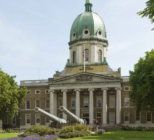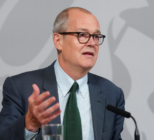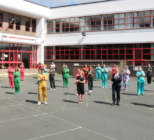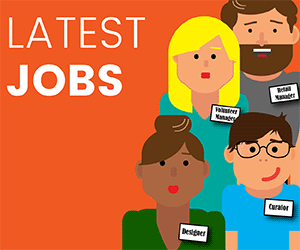A “steep rise” in the number of freelancers working zero hours and an associated decline in those reporting employment surpassing 32 hours per week were recorded by the midpoint of 2020 – as the full impact of the first UK lockdown was felt.
“Throughout the Covid crisis we’ve seen high profile campaigning about the need to support creative freelancers, and these numbers reinforce that issue. There is clearly a crisis, particularly for those in music and the performing and visual arts,” explains lead researcher Dr Dave O’Brien.
He adds that some of the “most worrying” findings relate to younger people and women in this type of employment, who appear to have been disproportionately affected by the crisis.
Avoidable anxiety?
It is a year to the day since then shadow culture secretary Tracy Brabin MP called for the introduction of Universal Basic Income for freelancers across the creative industries in order to avoid a crisis which could “drive a generation of working class talent out of our sector”.
Shadow culture secretary targets Universal Basic Income for freelancers during pandemic
Part of a wider research programme looking at the impact of Covid-19 on the cultural sector, this study is said to be the first detailed analysis of the pandemic’s impacts on creative freelancers in the UK. The findings are informed by all four quarters of the 2020 Labour Force Survey data from the Office for National Statistics.
“Whether you’re a cultural worker or an audience member, our research is showing that your age will be the biggest determining factor of how Covid-19 is impacting on you,” states Professor Ben Walmsley, director of the Centre for Cultural Value.
“Younger creatives are more likely to have lost work while younger audiences will emerge from the pandemic with less disposable income to spend on cultural activities but with an increased appetite for digital-first content.”
The Centre for Cultural Value is collaborating with the Creative Industries Policy and Evidence Centre, The Audience Agency, and a national consortium of academic researchers to chart the overall sector’s pandemic plight. This work is funded by the Arts and Humanities Research Council through UK Research and Innovation’s Covid-19 rapid rolling call.
Dave O’Brien’s conclusion is that both the UK Government and culture sector organisations need to “do much more to support the freelance workforce if there is to be any building back better as the economy and society reopens in 2021”.
Read the research in its entirety here.










